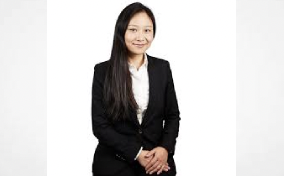McGill Daily
Vancouver lawyer Chong Ke has recently found herself at the centre of a case concerning the ethics of using artificial intelligence (AI) in legal proceedings. The controversy unfolded when it was revealed that while representing businessman Wei Chen in a child custody case, Chong Ke filed an application containing fabricated cases generated by ChatGPT. This represents the first instance of AI-generated material making its way into a Canadian courtroom.
Ke had filed an application to allow Chen to travel with his children to China. The application included two cases as precedent: one in which a mother took her 7-year-old child to India for six weeks, and another where a mother’s application to travel with her 9-year-old child to China was approved. However it was soon discovered that these cases did not actually exist, and instead they had been fabricated by ChatGPT.
Allegedly, Ke asked ChatGPT to find relevant cases that could apply to her client’s circumstances. OpenAI’s chatbot generated three results, two of which Ke then used in the application. When lawyers of Nina Zhang, Chen’s ex-wife, were unable to locate the referenced cases, Ke realized her mistake. She attempted to withdraw the two cases and quietly provide a new list of real cases without informing the opposition. Zhang’s lawyers then demanded copies of the two original cases, leaving Ke no choice but to inform them expressly of her mistake. She wrote a letter acknowledging her actions, calling the error “serious” and expressing her regret. In an affidavit, Ke later admitted her “lack of knowledge” on the risks associated with using AI, saying it greatly embarrassed her to “[discover] that the cases were fictions.”
Read more
Vancouver Lawyer’s Use of AI in Legal Proceedings Sparks Ethics Debate




